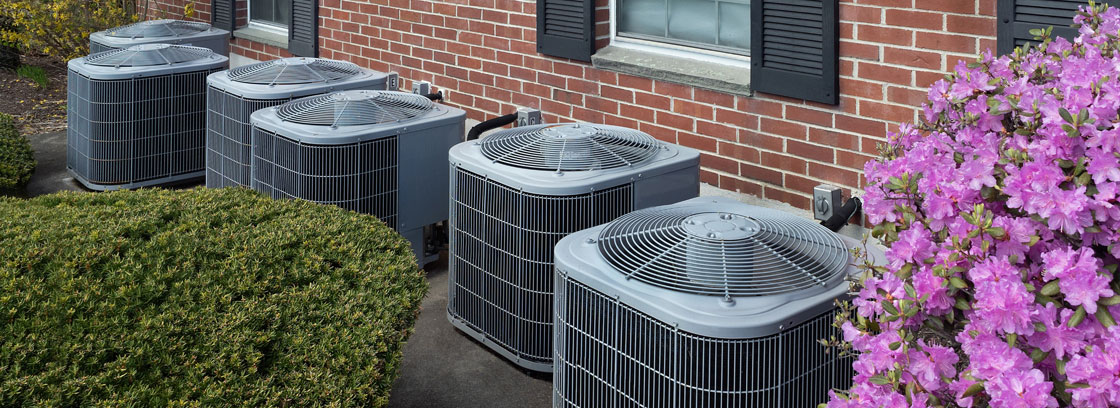Restore Your Comfort: When to Consider AC Replacement
Summer heat and humidity is so much easier to “weather” with the security of a residential air conditioner. But when your air conditioner becomes unreliable and prone to breakdowns, it brings uncertainty and threatens to ruin the family budget with expensive repairs. For this reason, it is best to develop a plan for the eventual AC replacement of the heating and air conditioning system.
How Old Is Too Old? The Role of Age in AC Replacement
That starts with determining the age of the current system. Perhaps you installed the existing system and have records that tell you when it was installed. If not, find the model number plate on the condenser unit and go to the manufacturer’s website. It should tell you when the condenser was manufactured and the approximate date of installation.
Why is the age of an air conditioner important? Air conditioner systems typically last between 15 and 20 years, perhaps a little longer with regular maintenance. If your air conditioner is approaching the upper end of that timespan, but running strong, it is good for you. But making plans for an AC replacement is definitely in your best interest.
Beyond Age: Recognizing the Red Flags for AC Replacement
Combine the age of your air conditioner with the following indicators to determine an appropriate time for an AC replacement.
- Poor performance. An aging system will weaken in cooling force and have trouble keeping up with the demand for cooling. That might manifest during periods of extreme temperature, or with hot spots—rooms that don’t get as cool as desired. Hot spots might be upper-floor rooms or rooms the farthest from the central air cabinet.
- High indoor humidity. If the AC struggles to keep a home cool, it will probably be more humid than desired indoors. Furniture and painted surfaces may feel tacky. Skin may feel more sweaty than normal.
- High energy use. If summer electric bills are higher than normal for this period and no major appliance accounts for the increase in energy use, this may be an indicator of an air conditioner’s weakened function. The components are simply working harder than normal to achieve the desired comfort level.
- Loud noises. By now, you should be used to the normal sound of the air conditioner in the background of family living. When noises such as clicking, buzzing, squealing, or thumping accompany a cooling cycle, it is an indicator of a needed repair.
- Unpleasant odors. The air conditioner should simply recirculate the existing air from the home. The air coming from the vent should smell like supper cooking or laundry soap, or whatever else is wafting around in the rest of the house. When something smells sour or musty, it is another indicator that something is amiss and needs to be repaired.
- Frequent repairs. An air conditioner typically needs little to no repairs for the first few years. After a decade of use, it is normal for a system to need a few repairs. But when the repairs become frequent, pay attention to both the accumulation of repair expenses and the size of the repair bills. Don’t keep trying to repair a system that needs to be replaced.
Some good reasons to plan for an AC replacement include:
- Replacing it before the existing air conditioner fails completely.
- Giving your preferred contractor time to gather equipment and schedule the replacement.
- Giving yourself time to budget for replacement and installation costs.
Doctor Cool & Professor Heat: Your Trusted AC Replacement Experts in League City
As an award-winning, BBB-accredited AC Replacement League City and AC repair and maintenance contractor serving the League City and surrounding area, we pride ourselves on providing exceptional service to our customers. Call Doctor Cool & Professor Heat today at 281-338-8751 or email Doctor Cool.

